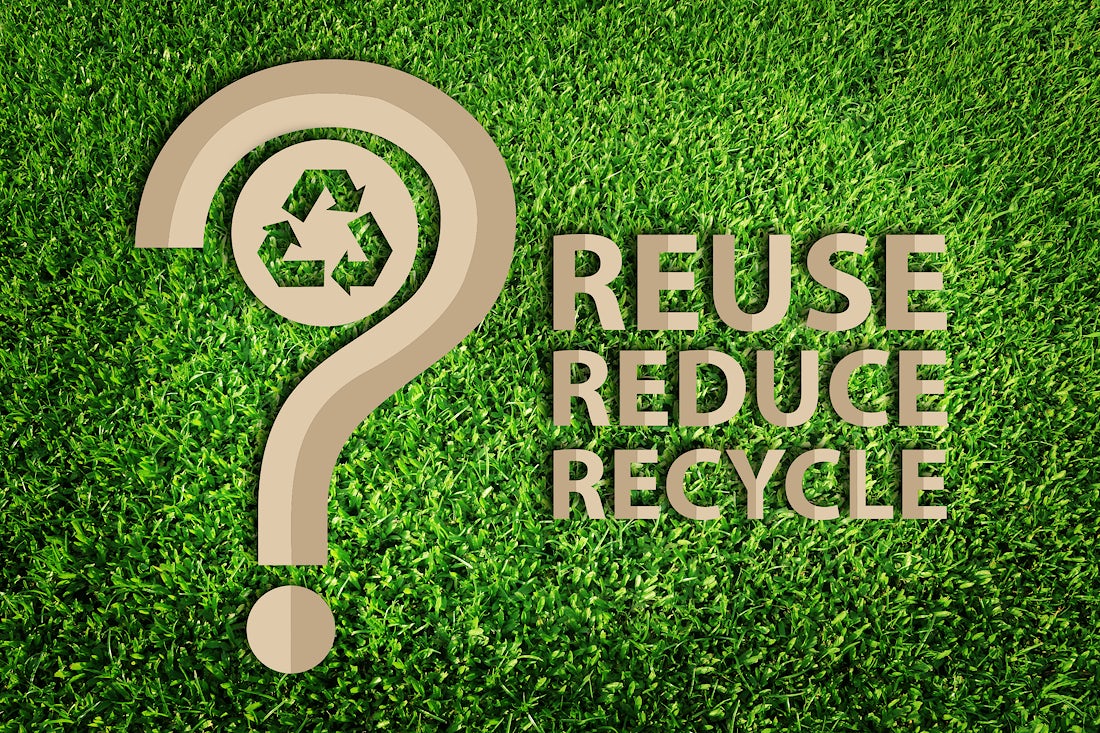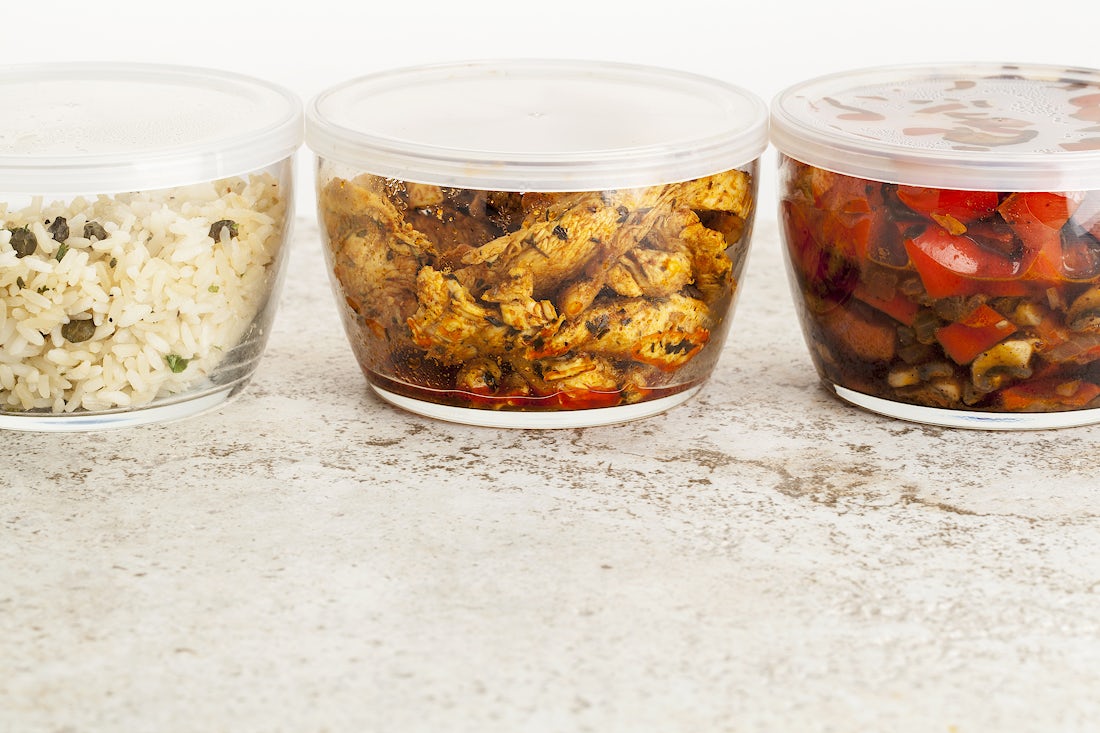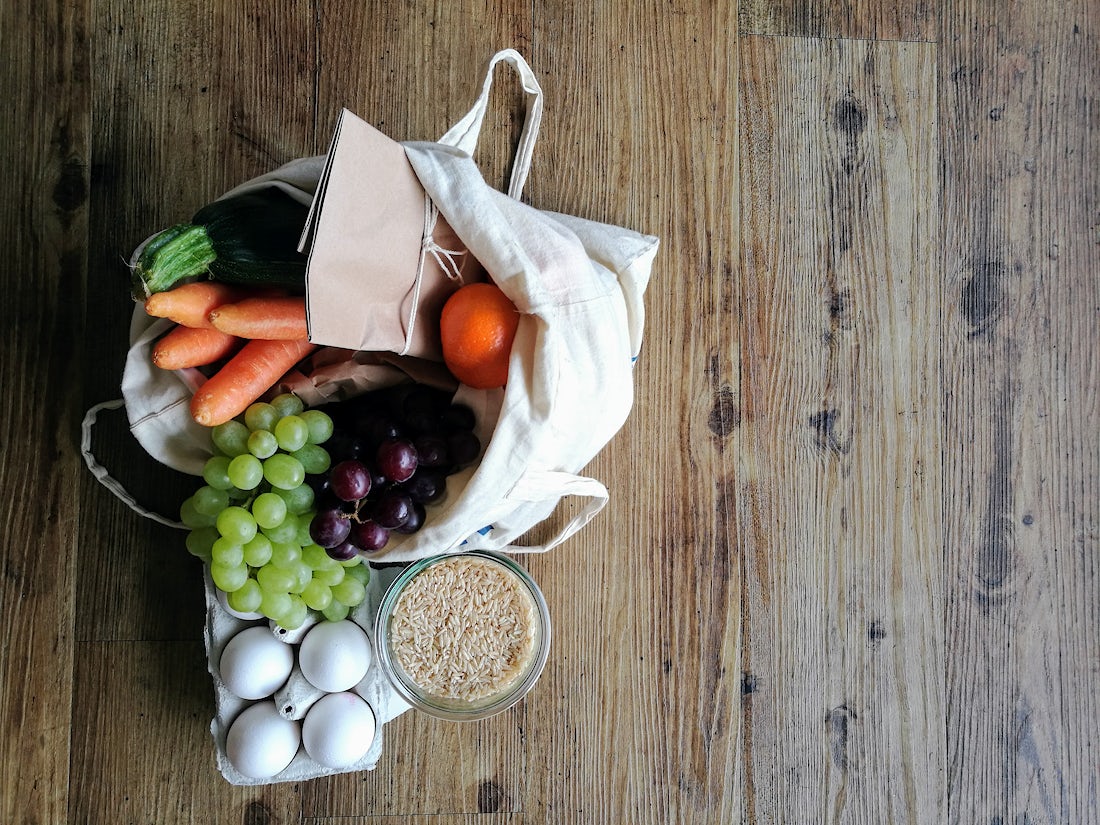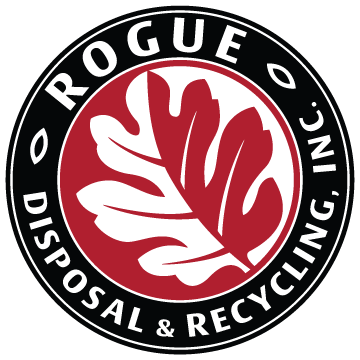10 easy ways to cut back on common household disposable items

With recycling markets in flux and the rules for what can and can’t be recycled changing, it’s easy to get discouraged about the amount of stuff you now need to throw away. The good news is that you can choose not to use some of that stuff in the first place — opting instead for reusable items and cutting down on the overall number of everyday items you need to dispose of. Here are some easy ways to get started:
Say no to restaurant to-go containers
We’ve all been there. You finished eating at a restaurant and you have enough left over for another meal at home. Normally, your waiter will put your leftovers in a Styrofoam or waxed paper carton that can’t be recycled. The solution? Keep a small reusable container with a locking/sealable lid in your purse, bag or car. That’s one less box that goes into the landfill every time you eat out.

Pay bills online
Getting a mailbox full of bills, statements and other financial information creates a lot of waste, even if much of it can be recycled. The solution? Most credit cards, utility bills, loans and other payments can now be paid online — safely and securely. You can make a one-time payment or set up an automatic payment to pull from your account each month. You can pay your Rogue Disposal & Recycling bill online, for example — saving paper, envelopes and postage. Click here to get started.
Swap paper for cloth
Paper napkins and paper towels have never been recyclable. The solution? Buy a set of inexpensive cloth napkins and dish towels that can be tossed into the washing machine when they’re dirty, then used again — and again and again and again. You can also cut up old bath towels to create washable rags for cleanup.
Give dryer sheets the heave ho
No one wants clothes with static cling. But dryer sheets aren’t necessary — or recyclable. The solution? Consider using dryer balls — reusable wool balls, about the size of a baseball, that bounce around your dryer helping to reduce both static and drying time (saving energy too). No chemicals. No waste. And they last for hundreds of loads. Miss that dryer sheet smell? No problem, you can add a few drops of your favorite essential oil to the dryer balls to give your clothes the clean, fresh scent you love.
Decode the sell-by date on food packaging
Believe it or not, food expiration dates have nothing to do with safety and are only loosely related to quality. So it’s no wonder 50% of Americans regularly throw food out too soon. The solution? Know what the “expiration” dates really mean. When you see a date that says BEST BEFORE, it means that the manufacturer stands by its product up to that date (unless it’s been opened or left out in warm temperatures). Does that mean it’s spoiled or no good? Nope. Foods with BEST BEFORE or USE BY or SELL BY may no longer be at their peak quality after the date has passed, but they should still be safe to eat.
Stick a (metal) fork in it
True, take-out food is very convenient. But the plastic utensils you get are not recyclable. And who wants to use a flimsy plastic fork anyway? The solution? When you’re picking up food to go, skip the silverware and use the washable utencils you already have at home. If you bring food back to your desk at work, keep a set of metal utensils on hand that can be washed, dried and reused.
Buy bigger
Products that come in smaller, single-serving packages — like nuts, chips and single-use coffee pods — cost more because you have to pay for all that packaging. And all that packaging means more garbage. The solution? Check out the bulk bins in the grocery store where you’ll find everything from rice, lentils and flour to cereal, tea, herbs, spices — even candy. For things like potato chips and cookies, instead of single-serving packages, buy one bigger package instead. Bulk purchases ultimately create less waste.
Cut the coffee cup
Are you a coffee lover? Paper coffee cups are not recyclable. The solution? Buy a reusable thermos or thermal mug. If you get your daily coffee via a drive-up, most chains will be happy to fill your mug and save the paper cup — sometimes even giving you a few cents off the price
Save the mailer
You know those bubble mailers with paper on the outside and bubble wrap on the inside? They’re not recyclable. But they are reusable. The solution? Simply tape a new address over the old one and reuse the mailer for your next outbound package.
Carry your carrots in cloth bags
If you’re like many people, you’re already bringing your own reusable grocery bags when you go to the store. But what about those clingy plastic bags you use for fruits and veggies that can’t go into your red-lid recycle cart? The solution? Reusable cloth bags are a great alternative. You can buy a set online, then keep them with your shopping bags, ready for the next trip to the store. Use them to bag up your apples, broccoli, carrots, lettuce or anything else you would typically put in a plastic bag.

When it comes to cutting down on household waste, little things can really add up. Your actions can make a positive difference.
Share This
